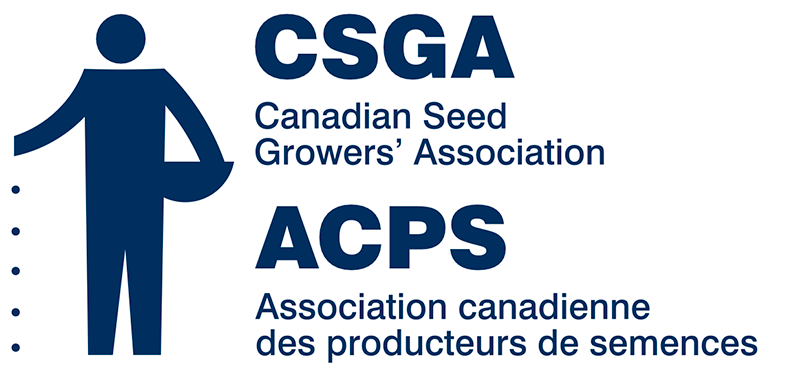Denis Pageau – 2015 Honorary Life Award Recipient
 Denis Pageau was born in Quebec City. He studied at Laval University where he graduated in 1983 with a bachelor’s degree in bio-agronomy. He then furthered his studies in plant biology specializing in weed science and graduated with his master’s degree in 1986, again at Laval University. Right after graduating, Denis started working with Agriculture and Agri-Food Canada as a researcher in the field of crop management at the Normandin Research Farm (in the Saguenay-Lac-St-Jean region). In 1989-1990 he took a sabbatical leave from AAC to work in Africa. In Zaire (now the Democratic Republic of Congo) his job allowed him to work with Zairese to implement small agricultural research stations in the Kivu region.
Denis Pageau was born in Quebec City. He studied at Laval University where he graduated in 1983 with a bachelor’s degree in bio-agronomy. He then furthered his studies in plant biology specializing in weed science and graduated with his master’s degree in 1986, again at Laval University. Right after graduating, Denis started working with Agriculture and Agri-Food Canada as a researcher in the field of crop management at the Normandin Research Farm (in the Saguenay-Lac-St-Jean region). In 1989-1990 he took a sabbatical leave from AAC to work in Africa. In Zaire (now the Democratic Republic of Congo) his job allowed him to work with Zairese to implement small agricultural research stations in the Kivu region.
Over the last few years, Denis has worked on numerous aspects of grain and oilseed crops production. He was the first to assess ergot resistance in barley and wheat cultivars. He mainly brought to light the fact that boron deficiency in the soils was responsible for the high infestation rates of ergot in barley. Before his findings, the boron content of the soils in the province of Quebec was almost never assessed. He showed that in certain areas of the province, the boron content was very poor and that a boron fertilization could be vital for certain crops.
Denis was the first scientist to consider the development of a canola crop in the environmental conditions of the province of Quebec. Canola crops were well established in the western provinces but not in the East. His findings resulted in the introduction of that crop in the early 90s. Canola is now grown in many agricultural regions of the province.
He also studied several aspects of crop management for grain and how certain practices can impact on the toxin level in grain. He also worked with breeders in order to identify the cereal cultivars best adapted to the environmental conditions of the outlying regions of Quebec.
Now, after 29 years of service with AAC, Denis furthers his research on subjects that still motivate him. He is now working on the problem of insects and disease in canola crops, specifically club root. He also works with scientists across Canada.







